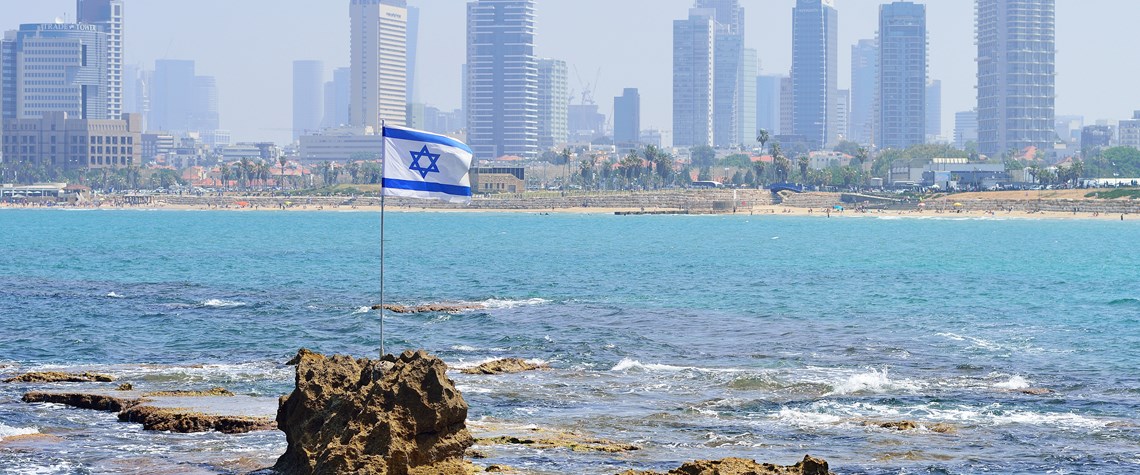Lebanon to struggle to replicate Israeli success
Israel's clustering approach resulted in the majority of blocks being awarded but the neighbouring Lebanese auction faces tougher challenges
Israel's energy ministry awarded 12 blocks at the end of July, an encouraging return from the 19 blocks offered in its second ever offshore licensing round that closed earlier that month. But while it was an improvement on previous Eastern Mediterranean upstream auctions, it may not be entirely representative of what we can expect from future rounds. In an attempt to learn lessons from its maiden auction in 2017—when only two bidders applied for, and were awarded, six of the 24 available blocks—Israel structured the offer to incentivise the acquisition of multiple contiguous blocks, located in the south and centre of its economic exclusion zone (EEZ). In terms of the numbers participating, t

Also in this section
17 February 2026
The 25th WPC Energy Congress, taking place in Riyadh, Saudi Arabia from 26–30 April 2026, will bring together leaders from the political, industrial, financial and technology sectors under the unifying theme “Pathways to an Energy Future for All”
17 February 2026
Siemens Energy has been active in the Kingdom for nearly a century, evolving over that time from a project-based foreign supplier to a locally operating multi-national company with its own domestic supply chain and workforce
17 February 2026
Eni’s chief operating officer for global natural resources, Guido Brusco, takes stock of the company’s key achievements over the past year, and what differentiates its strategy from those of its peers in the LNG sector and beyond
16 February 2026
As the third wave of global LNG arrives, Wood Mackenzie’s director for Europe gas and LNG, Tom Marzec-Manser, discusses with Petroleum Economist the outlook for Europe’s gas market in 2026







